
April 20–21, 2022
The University of Houston Coastal Center and the Texas Parks and Wildlife Department co-hosted a coastal prairie restoration forum designed for decision-making restoration practitioners. Attendees listened to presentations from professionals and participated in discussions on topics focused on control of specific species of non-native brush and trees, grasses, and sedges.
Additional topics included the next steps in restoration after initial treatments, the sources for Texas prairie restoration funding, and effective monitoring strategies for the validation of restoration progress. The forum was structured to allow information exchange among attendees and between attendees and presenters.
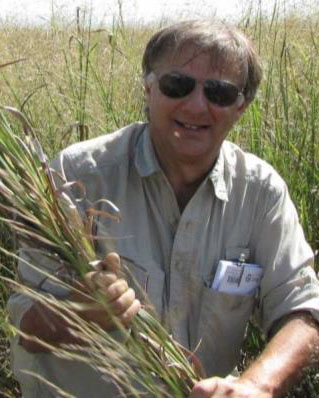
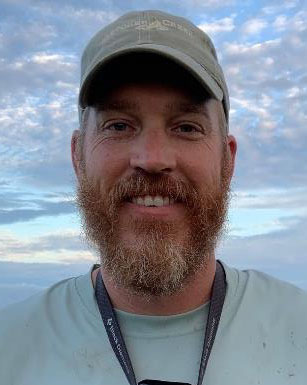
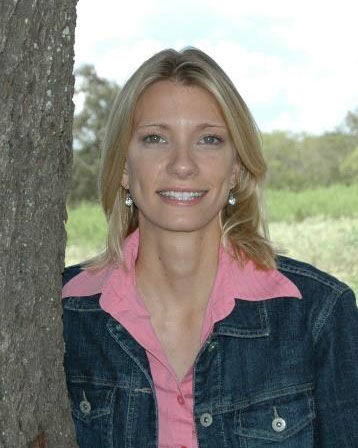
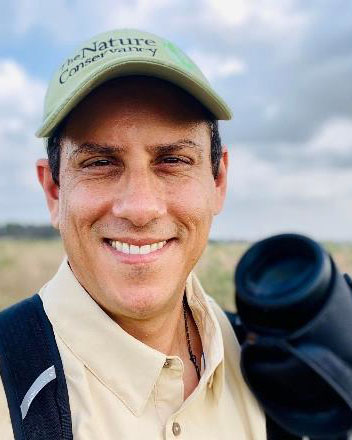
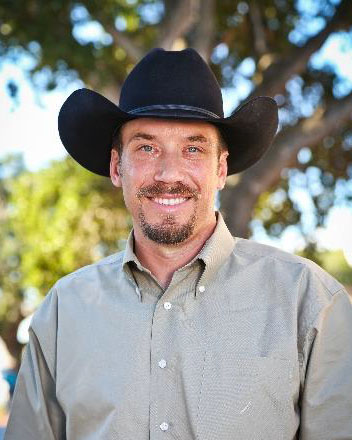
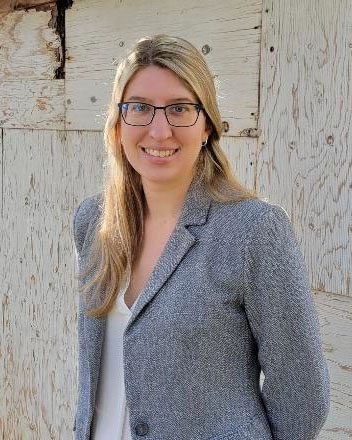
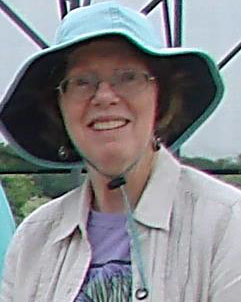
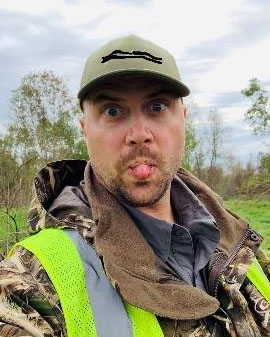
As a restoration ecologist, Mr. Newman has utilized his extensive botanical knowledge to conduct baseline habitat assessments proposed restoration sites within numerous ecoregions to document existing conditions. Once wetland, stream, and upland restoration plans were designed, Mr. Newman utilized relevant literature and reference sites to generate planting plans, worked with operations managers to secure necessary vegetative materials and quantities, and authored anticipated plant succession results. Attention was paid during this process to how various species within the proposed restoration communities interacted with site geologies, hydrology, and climatic conditions.
He has also worked with state and federal agencies on species conservation plans, rare species mitigation and monitoring, and identification and collection of seeds for future commercial seed production and propagation. Much of this experience has been focused on tallgrass prairie and savanna habitats within coastal and east Texas.
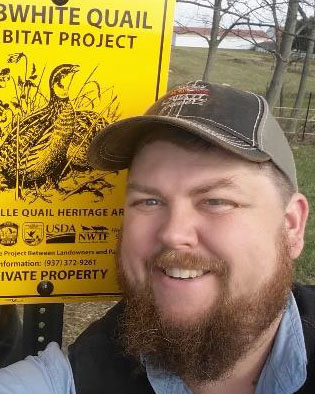
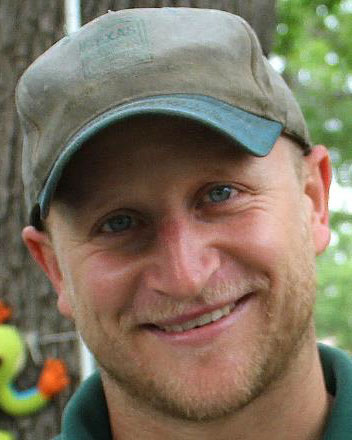
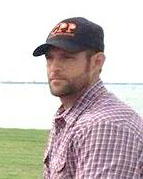
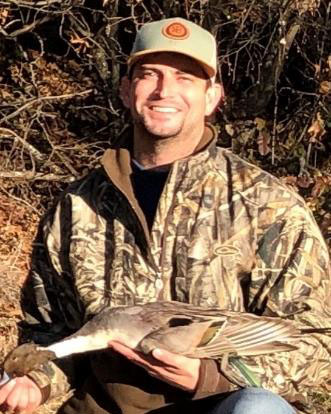
Participant Questionnaire - Master Compilation of Control Strategies
Dr. Megan Clayton - Control of Various Species
Trey Barron - Huisache Control
Tim Siegmund - Bermuda, Bahia, and Johnsongrass Control
Andy Newman - Deep-Rooted Sedge Control
Derek Wiley - Restoration: Beyond the First Step
Will Newman - Funding Opportunities for Restoration
Jason Hohlt - Plant Indicator Monitoring Strategies (Video)
Anna Matthews - Wildlife Indicator Monitoring Strategies
Dr. Steve Apfelbaum - Soil Indicator Monitoring Strategies